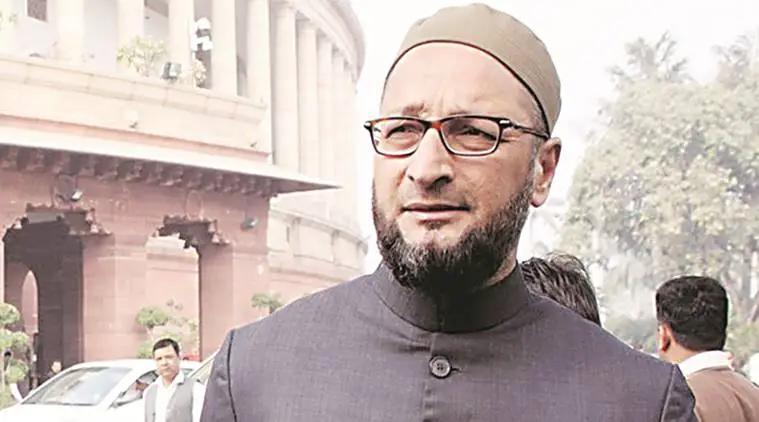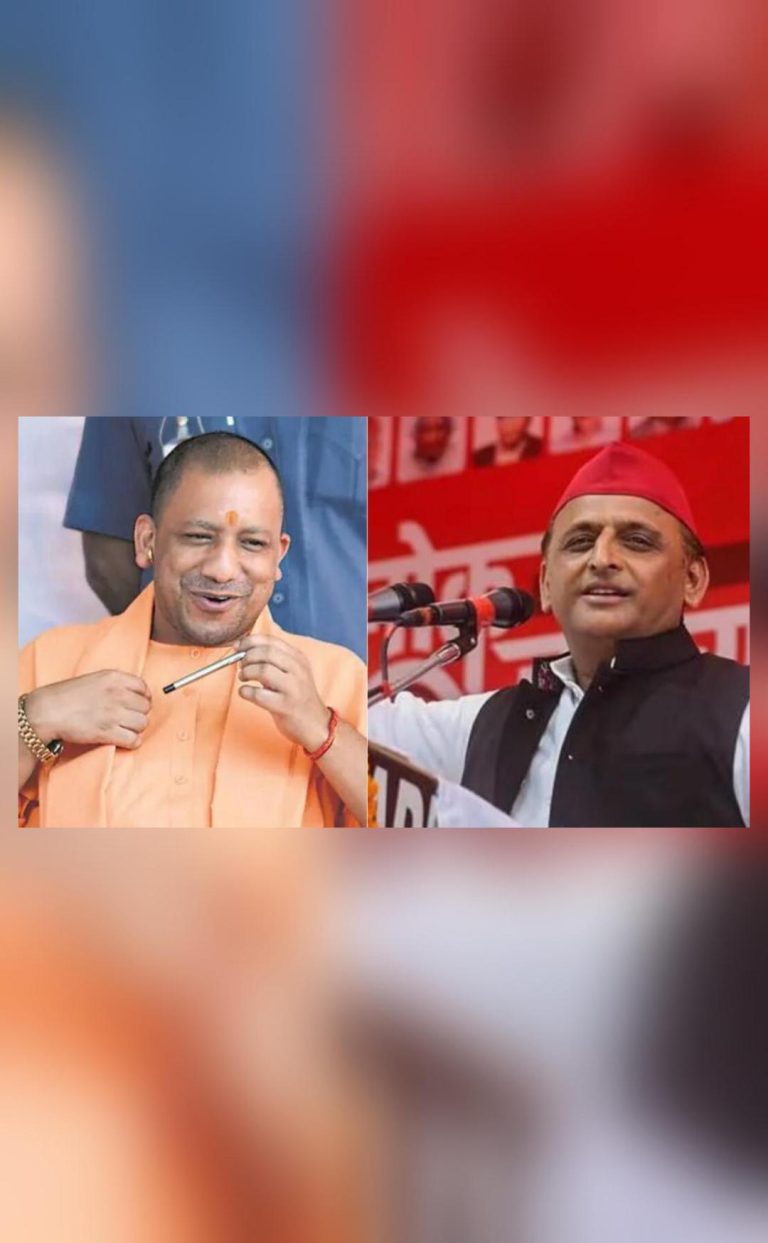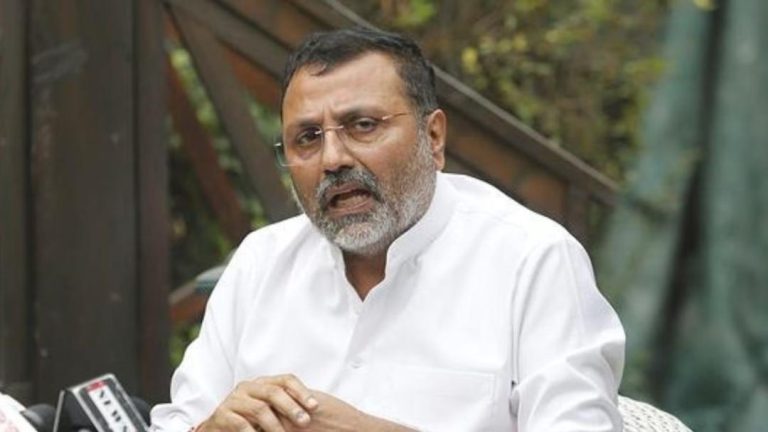
Ask Saudi Crown Prince if Medina built on Waqf land: Owaisi to PM
During his recent two-day visit to Saudi Arabia, Prime Minister Narendra Modi has been engaging in diplomatic talks with various leaders, including Crown Prince Mohammed Bin Salman. However, AIMIM chief Asaduddin Owaisi has thrown a question mark on the BJP’s claim that “this particular country does not have Waqf”. In a surprising move, Owaisi has challenged Prime Minister Modi to ask the Saudi Crown Prince if Medina, a sacred city for Muslims, is built on Waqf land.
Owaisi’s statement has sparked a heated debate on social media, with many Muslims calling for an explanation from the Saudi authorities on the issue. For the uninitiated, Waqf refers to the Islamic institution of endowment, where properties are donated for the benefit of the Muslim community. It is a fundamental aspect of Islamic law and is considered sacred in many Muslim-majority countries.
According to Owaisi, Waqf exists in every Muslim country, including Saudi Arabia. He believes that the concept of Waqf is not unique to India and is an integral part of Islamic culture and tradition. “I want to tell PM Modi…he should ask Crown Prince Mohammed Bin Salman if Medina is built on Waqf land,” Owaisi said in a statement.
Owaisi’s challenge to Prime Minister Modi comes at a time when the BJP has been accused of marginalizing the Waqf board in India. The party has been criticized for its handling of the Waqf properties, with many accusing the government of misusing the funds for personal gain.
The controversy surrounding the Waqf board in India has sparked outrage among Muslims, who feel that their religious institutions are being targeted by the BJP. The party has been accused of promoting Hindu nationalist ideology and undermining the rights of religious minorities.
In a statement, Owaisi said that the BJP’s claim that India does not have Waqf is a blatant lie. “Waqf exists in every Muslim country, including Saudi Arabia. The concept of Waqf is not unique to India and is an integral part of Islamic culture and tradition,” he said.
Owaisi’s statement has been met with widespread support from Muslims across the country. Many have taken to social media to express their solidarity with Owaisi and to demand an explanation from the Saudi authorities on the issue.
The controversy has also sparked a debate on the role of Waqf in Islamic society. Many scholars argue that Waqf is a vital institution that plays a crucial role in promoting Islamic values and supporting the needy. Others argue that the concept of Waqf is outdated and that it is no longer relevant in modern times.
Despite the controversy, Owaisi remains committed to his cause. He believes that the Waqf board in India should be empowered to manage the properties and funds independently, without interference from the government.
In conclusion, Owaisi’s challenge to Prime Minister Modi to ask the Saudi Crown Prince if Medina is built on Waqf land has sparked a heated debate on social media. The controversy has also highlighted the importance of Waqf in Islamic society and the need for the government to respect the rights of religious minorities.
As the controversy continues to unfold, one thing is clear: the Waqf board in India is a vital institution that plays a crucial role in promoting Islamic values and supporting the needy. It is the responsibility of the government to respect the rights of religious minorities and to ensure that the Waqf properties are managed independently and transparently.






